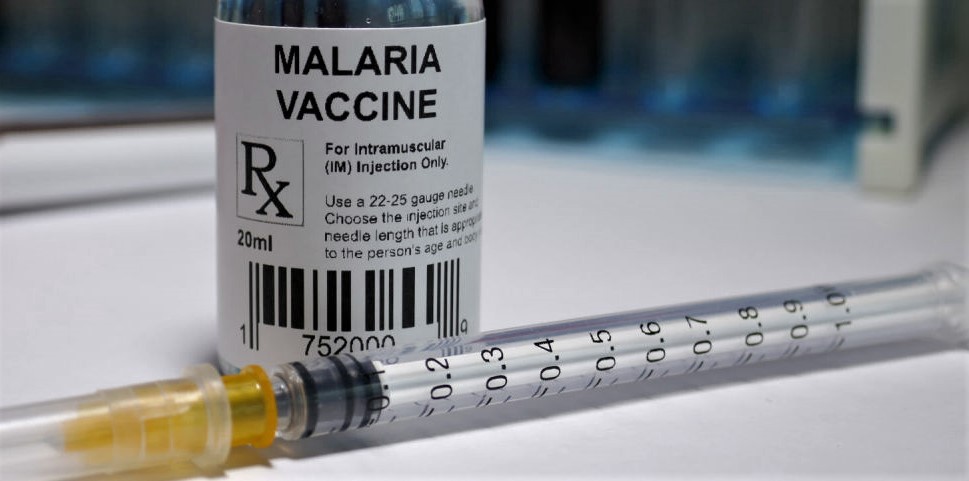By Asmau Ahmad
AIDS Health Care Foundation (AHF) and other Civil Society Organisations (CSOs) on Wednesday urged Nigeria and other countries to contribute to the Global Fund to tackle HIV, TB and Malaria.
The Global Fund is targeting to raise $18 billion to tackle the scourge of HIV, TB and Malaria globally.
The CSOs made the call on Wednesday in Abuja at a Forum ahead of the 7th Global Fund Replenishment Conference, slated for September 19, in New York, United States.
The CSOs are Network of People living with HIV/AIDS in Nigeria, Association of Women Living with HIV/AIDS in Nigeria, Association of Positive Youths in Nigeria and Civil Society for HIV/AIDS in Nigeria, among others.
The conference, hosted by AHF Nigeria, has the theme: `FUND THE FUND, #Fight for What Counts.’
The CSOs said the call was aimed at galvanising support at country, regional and global level on the need for world leaders to provide the needed funding.
Mr Dozie Ezechukwu, Executive Secretary, Country Coordinating Mechanism for the Global Fund Nigeria, said the global fund support to Nigeria has made indelible mark in the HIV, TB and Malaria sectors.
“From inception in 2002 till date, cumulatively Nigeria has received close to four billion dollars from Global Fund.
“In the current circle of three years from 2021 to 2023 our total grant for HIV, TB, Malaria and COVID-19 is around 1.2 billion dollars, which we are still using and supporting health system programmes in the country.
“Our warehouses in Lagos and Abuja were built to international standard by global fund support and U.S government.
“And we are investing in similar warehouses in 12 states and additional nine states,” Ezechukwu said.
According to him, the warehouses would be used to hold stocks without compromising quality and standard and for proper management of the states’ national product supply chain.
Ezechukwu, however, said Nigeria was not just a recipient, but also a contributor to the global fund.
He added that President Muhammadu Buhari had redeemed the $12 million pledged to the Fund by Nigeria during the 6th conference.
He however urged the Nigeria government to show more commitment as one of the highest recipients of global fund, because of its impact on the health for its citizens.
Ms Kemi Gbadamosi, AHF Director of Advocacy, Policy and Marketing, African Breau, said the Foundation had rolled out series of advocacy programmes ahead of the 7th Global Fund replenishment conference.
“At AHF, it is significant for us because we have seen the impact with global fund overtime.
“We have seen millions of lives it has saved on HIV, Tuberculosis (TB) and Malaria, which are three diseases that continue to affect a lot of people in heavy burdened countries like Nigeria.
“We have seen that the global fund was able to expand beyond the three diseases to support COVID-19 response in different countries.
“This demonstrate that with the right support and funding, the global fund is able to do more for communities, and without the funds we cannot build on the gains of HIV, TB and Malaria,’’ she said.
Gbadamosi, however, appreciated the Nigerian government for fulfilling its pledge to the 6th global fund, and appealed for more support for the coming one.
“Global Fund is one of the best funding mechanisms because it works on the basis of transparency, accountability and with countries, to respond to diseases.
“When you put resources in such mechanism, it shows, because it is able to trickle down to the communities so that more people can benefit from it,’’ she added.
Also speaking, Ms Judith Gbagidi, Head of Programmes, Education As A Vaccine, an NGO, said CSOs play vital role in advocating for support to the global fund replenishment.
She said though there have been tangible improvements, accountability should be prioritised by government and the CSOs.
“It is vital that organisations engage different CSOs handling various thematic areas, so they can reach out to the key populations in various projects and programmes,” Gbagidi added.




